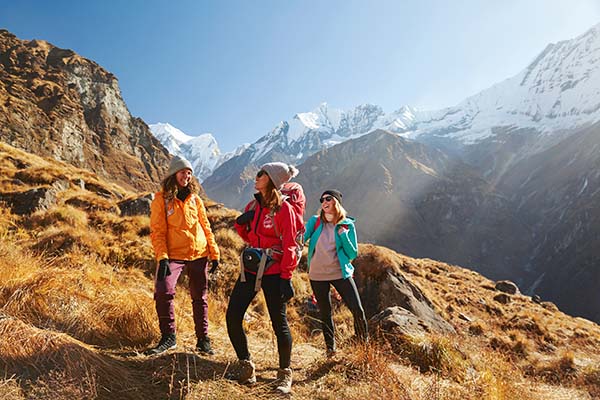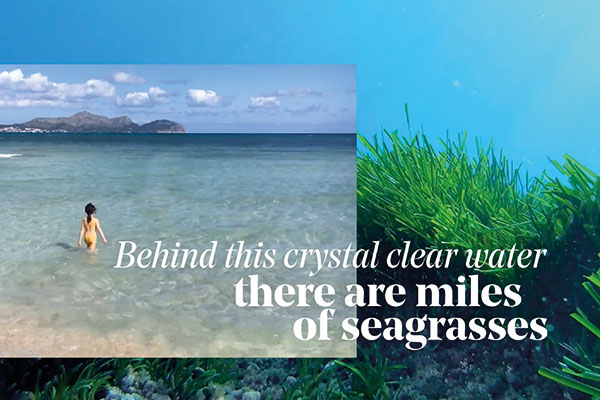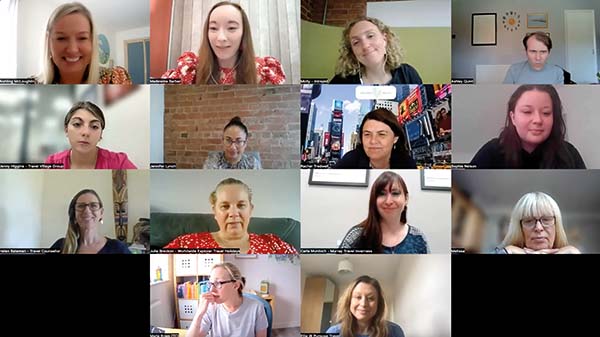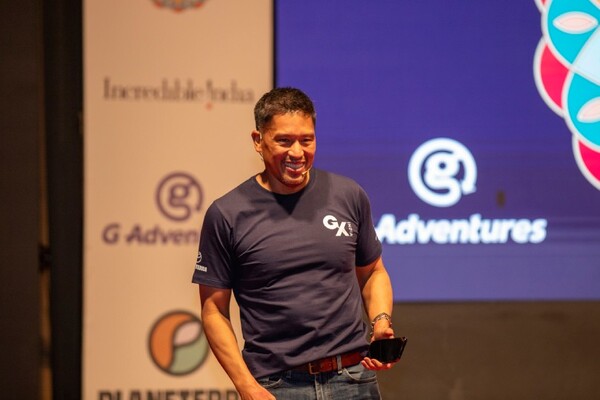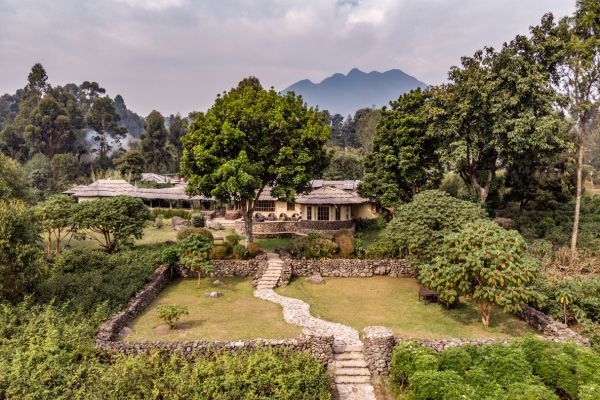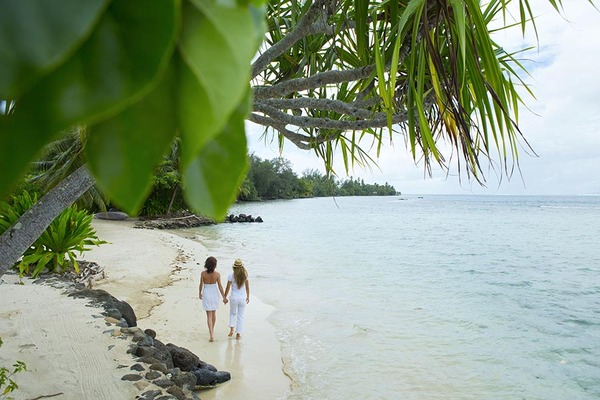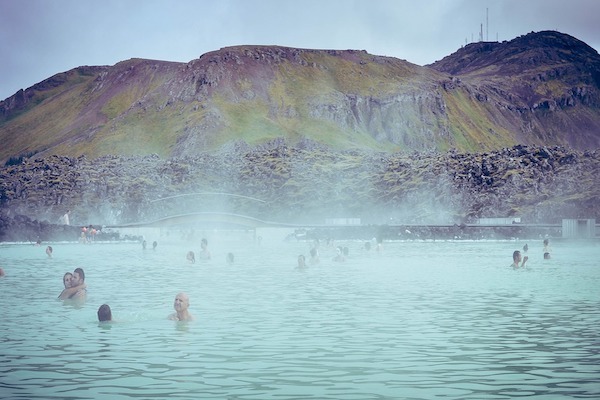Savvy ways to sell responsible travel
Agents heard how to market sustainable travel to capture clients’ interest, and how to avoid greenwashing, in the fifth TTG Sustainable Travel Ambassadors workshop.

For some clients, talk of responsible travel is likely to make their eyes glaze over. Then there are those whose ears prick up at the thought of their trip having a positive impact. To help your sales and marketing appeal to both, the fifth TTG Sustainable Travel Ambassadors workshop focused on clever – and accurate – ways to promote responsible travel.
It was hosted by TTG’s special projects editor Madeleine Barber, with expert insight from Iberostar Hotels & Resorts’ business development director Aishling McLoughlin and Intrepid’s industry partnerships manager Molly Cofman-Nicoresti.
USE SUPPLIER CONTENT
Iberostar’s McLoughlin summed up the feelings of many agents, saying: “Agents are really interested in promoting sustainable travel, but it can be quite a minefield. You work with so many suppliers, with so much information out there, so where do you start?”
She suggests using inspiring marketing materials many suppliers provide. Iberostar has content bundles of videos, images and text about its Wave of Change initiative, on topics including reducing food waste and improving coastal health. “We want to make it as simple as possible,” she adds. “You’re not going to know all suppliers’ sustainability initiatives and there’s a lot to take in, so pick your key suppliers, like the TTG Sustainable Travel Heroes, and get to know a bit about their sustainability projects to build your confidence.”
For ideas to inspire customers in Greece, visit the Greek National Tourism Organisation’s sustainablegreece.co.uk platform, which promotes sustainable initiatives across Greece.
Intrepid’s collateral includes an editable poster agents can easily adapt to promote sustainable trips. And Ambassador and Travel Counsellor Helen Bateman creates videos for social media where she talks passionately about Intrepid products, which Cofman-Nicoresti praises for “really bringing it to life, and showing sustainability isn’t boring”.
Agents can access all these resources in the Selling Sustainable Travel Starter Kit.
Cofman-Nicoresti also encourages agents to sample suppliers’ sustainability credentials first-hand. Intrepid offers discounts for agents’ own travel, incentives to win trips, and fams. “Our main focus is on myth-busting this idea that sustainable equals compromise, because it absolutely doesn’t,” she adds. “You can have the most fantastic trips, which are sustainable. Once you travel on a sustainable trip, you get it, and realise it’s amazing.”
AVOIDING GREENWASHING
Government research found that 40% of green claims made online could be misleading, so it’s important to ensure you don’t accidentally fall foul of greenwashing in your marketing. In some cases, presenting something as more environmentally-friendly than it is can be accidental, but some people will deliberately use environmentalism to divert attention from non-green actions.
Check out The Green Claims Code from the Competition and Markets Authority, which shares six points you can use to check your environmental claims are genuinely green. You can also use these to assess claims made by suppliers. The WWF encourages people to look out for four things to see if a product or business is genuine: buzzwords, evidence, verification and sustainability. Learn more in the WWF Guide to Greenwashing.
Certifications are another useful tool to help assess a supplier’s commitment to sustainability, as they mean claims have been independently verified by an external body against set criteria. Look out for accreditation and certification programmes recognised by the Global Sustainable Tourism Council (GSTC), such as Travelife and EarthCheck, as well as B Corp Certification, and sustainability solution Ethy.
Regulations are getting tighter around sustainability messaging, so avoid language that can be open to interpretation. In May, the UK Advertising Standards Authority (ASA) ruled against an advert from Intrepid, which featured the tagline: “People and planet-friendly small group adventures since 1989”. The ASA said the wording didn’t take into account the effect of flying to a destination, so the operator removed the phrase from all global marketing, and reviewed the way it markets trips.
Cofman-Nicoresti welcomed the move, saying: “No one is always going to get it right all of the time, but the worst thing you can do is not do anything, out of fear of getting it wrong. We think it’s really good that [the ASA] is getting tighter on this because there are people out there who will be genuinely greenwashing, and no one in our industry wants that.”
Top selling tips
As part of the workshop, the agents discussed how words such as “sustainable” and “responsible travel” can deter some clients, who may believe it’s too expensive, means compromising, or simply isn’t their style.
So how do you sell a sustainable holiday, without using the word sustainable? Here’s how the group proposed promoting a 17-day land and cruise experience with Hurtigruten in Norway, to an older, affluent and well-travelled couple looking for a trip with plenty of bragging-rights:
Exclusivity: Rather than focusing on getting off the beaten track and why visiting less crowded places is good for the environment and locals, try a different approach. Instead, sell the exclusivity, and how it’s a once-in-a-lifetime trip.
Choice: Highlight the array of destinations they’ll explore, and the breadth of activities, as so many unique experiences are packed into one itinerary.
Authenticity: Explain how visiting smaller towns and villages will give them more of an authentic experience, such as meeting Sami communities. Good fodder for those post-trip anecdotes!
Global impact: Hurtigruten’s Citizen Science projects allow clients to support global scientific research, but they’re also an opportunity to try new and unusual things, such as testing water for phytoplankton.
FIND OUT MORE
For more tips on selling sustainable travel, and information on the Ambassador programme, visit ttgmedia.com/sustainabletravelheroes
